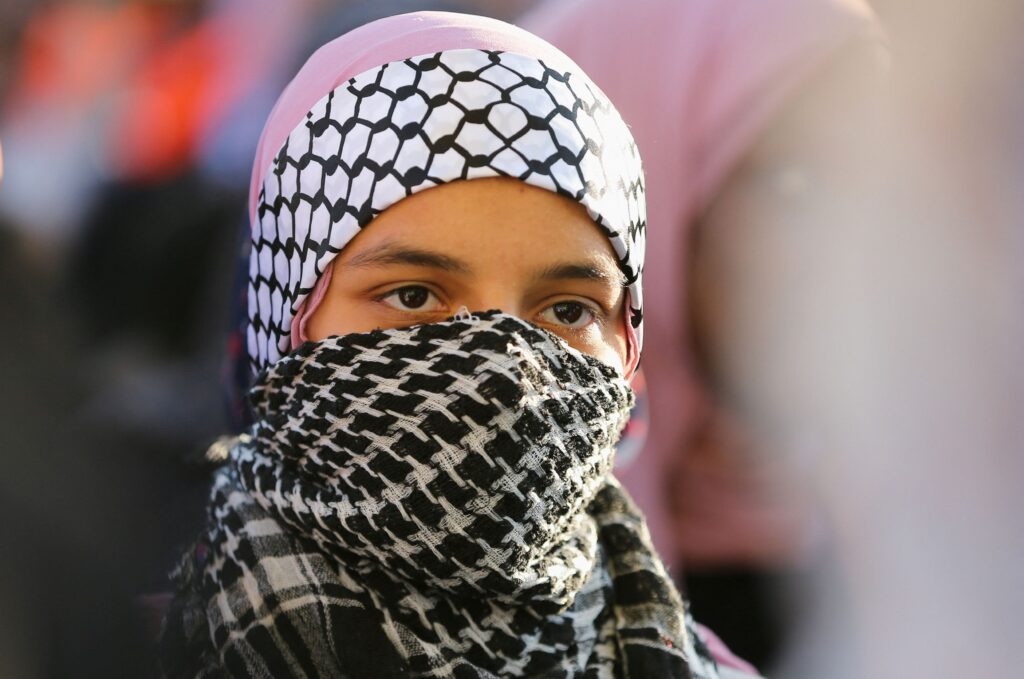Inequality in inheritance, restricted or no access at all to abortion services, criminalisation of same-sex relations…
On this International Women’s Rights Day, EuroMed Rights and its members publish a series of factsheets highlighting the discriminations women face in 14 countries of the Euro-Mediterranean region.
The main finding is the prominence of patriarchal structures and behaviours in our societies, even when appropriate laws are in place. These discriminations take many forms: they can be embedded in legislation, therefore setting up discrimination between men and women by law (de jure discrimination); they can also derive from a patriarchal interpretation of laws or the non-enforcement of existing laws in patriarchal societies (de facto discrimination).
What about the legal framework?
Personal status laws and penal codes often represent the main sources of discrimination in the MENA region. These legal frameworks are used to discriminate against women in their rights to child custody, marriage, nationality, and inheritance in different ways.
Inheritance is an important discriminatory factor between men and women. Particularly amongst Islamic religious groups where the Islamic law institutes disparities between the number of shares inherited by men and women respectively. Women remain under the legal guardianship of the father until marriage, whereupon guardianship passes over to the husband, thus never being autonomous persons in their own right.
In countries like Lebanon, where different religions coexist within society, personal status and family laws are multiplying, based on these different religions and the inexistence of a unified civil code. Penal codes criminalise same-sex relations as well, sanctioning them with imprisonment.
Equality in law only
All the countries in the region recognise equality between women and men in their constitutions and give equal voting rights to their citizens irrespective of their gender. Having said this, and despite the existence of a few mechanisms to ensure gender equality at political level (such as parity laws establishing quotas on representation), parity has not yet been achieved in terms of women’s political representation regionally. According to the Gender Equality Index 2022 published by the European Institute for Gender Equality, there is no parity in the compositions of national, regional and local institutions, with women representing 33%, 35% and 34% of these respective assemblies across the European Union.
Regarding sexual and reproductive rights, in most of the MENA region (Tunisia being an exception), abortion is criminalised and allowed only in strict circumstances. Women are often forced to travel to another country (when they financially can) or end up in clandestine abortion networks, which do not offer hygienic conditions and often endanger their health or lives. While in most European countries abortion is legal, access is not always guaranteed because of doctors applying a “conscience clause”, which often forces women to move to other regions in their own country to exercise their right.
Finally, when it comes to economic rights, the factsheets reveal that most countries have signed international conventions and voted anti-discriminatory laws into place to guarantee equality between men and women in the workplace. However, these are very rarely respected and reality shows that the gender pay gap remains, with women working mainly in part-time positions, low-paid jobs and in specific sectors like the “care sector”, linked to what is considered their “traditional” role as caregivers.
Read all the factsheets prepared by EuroMed Rights and its members on the following links:

